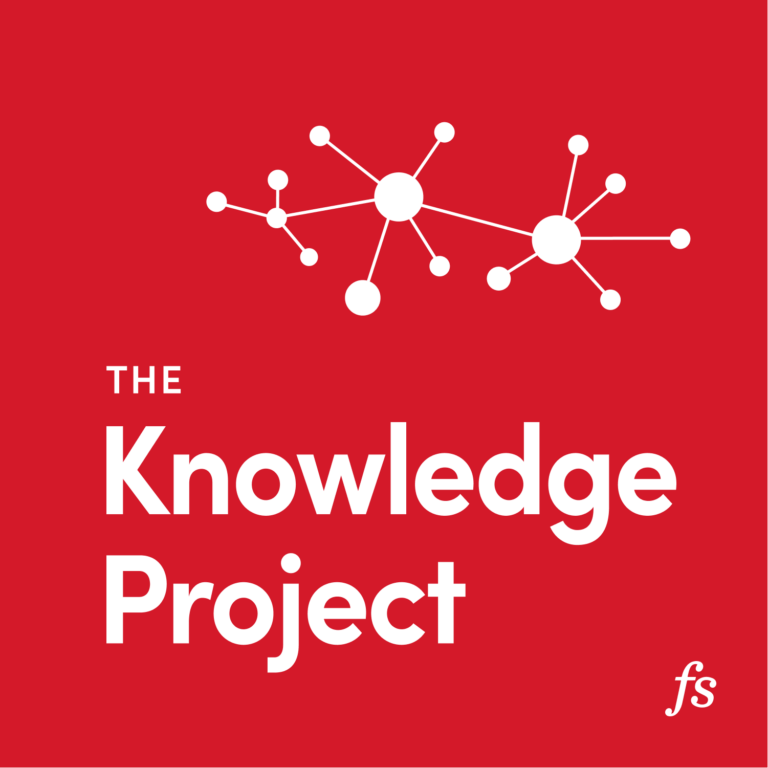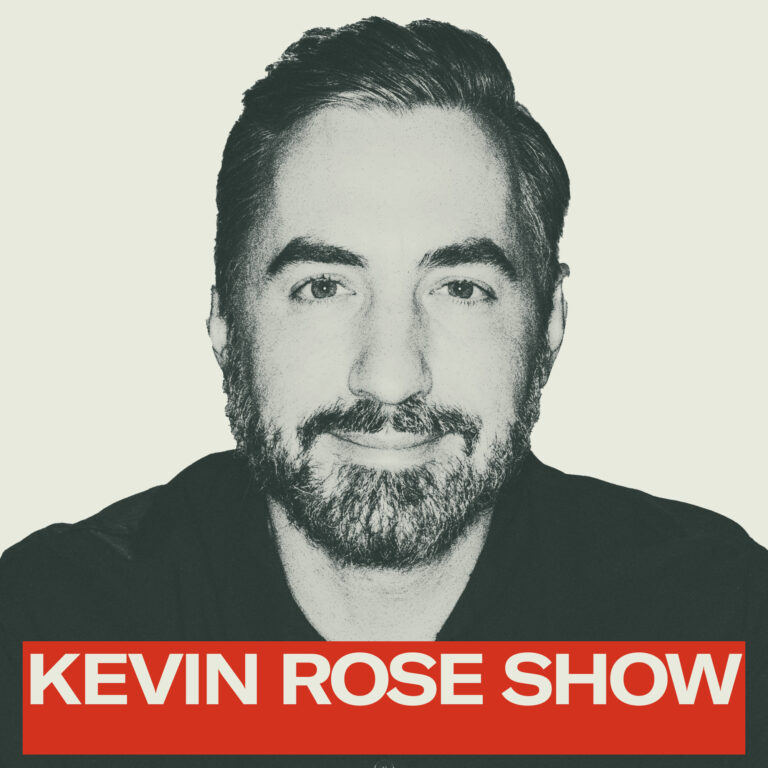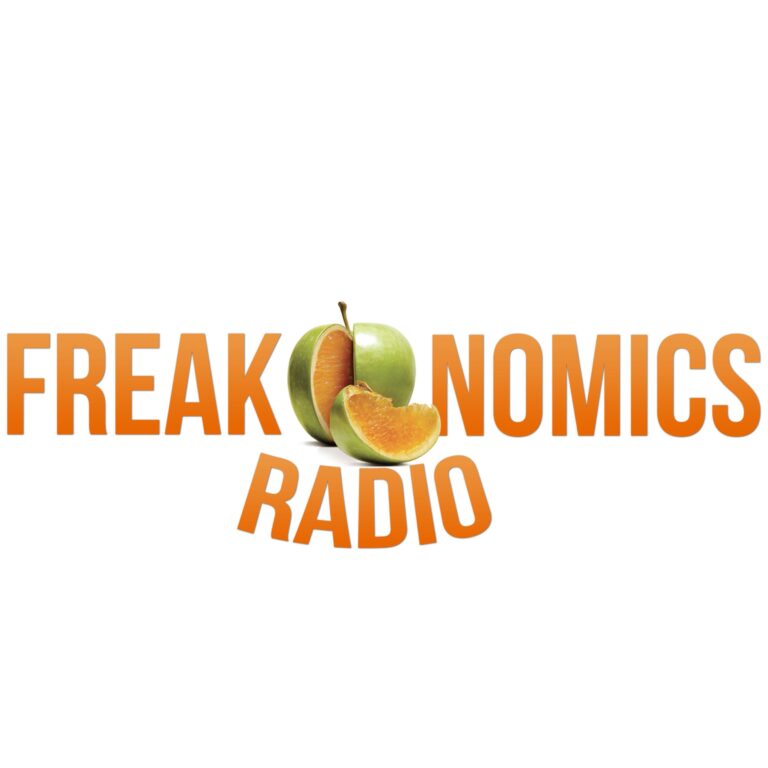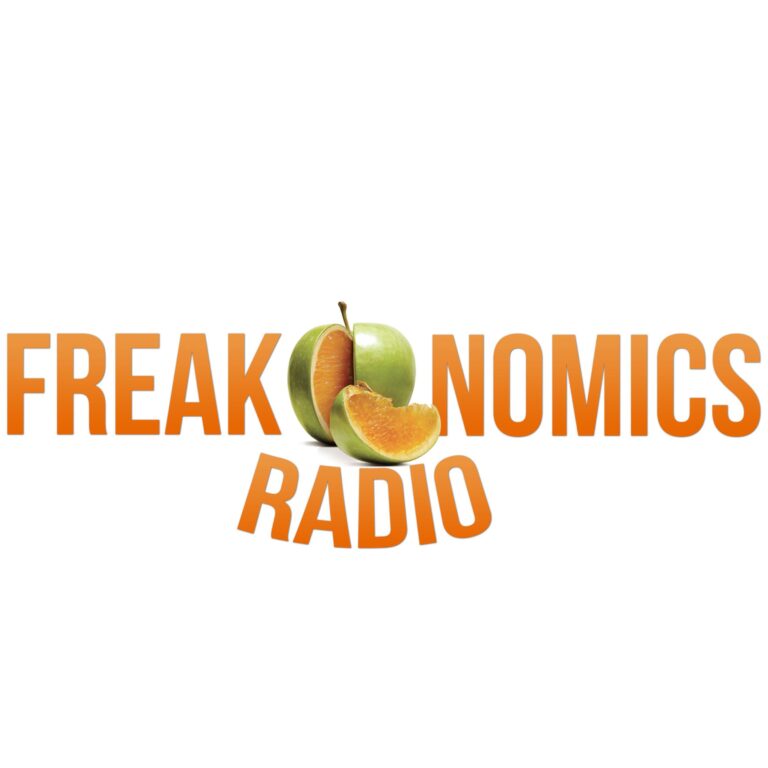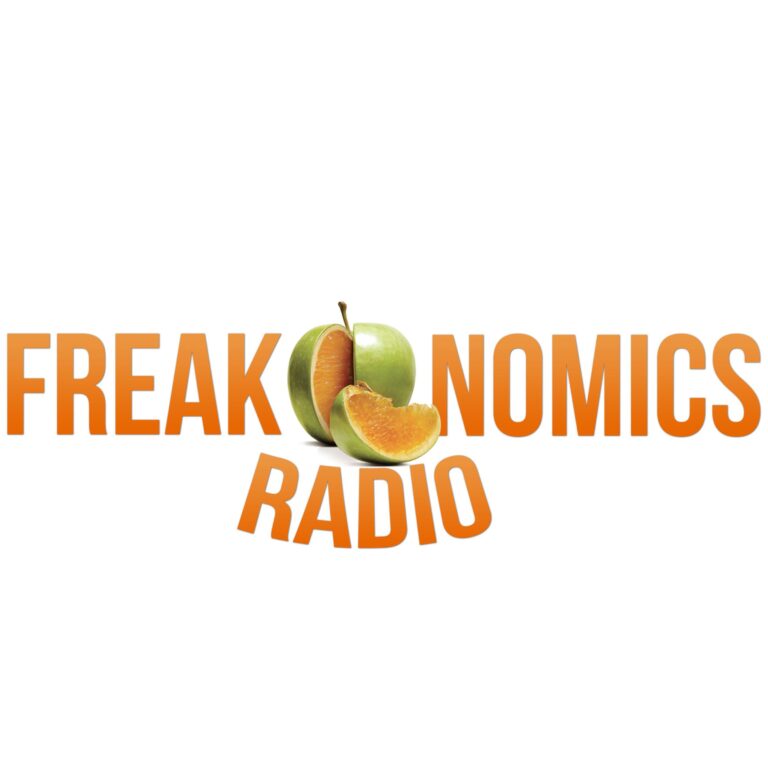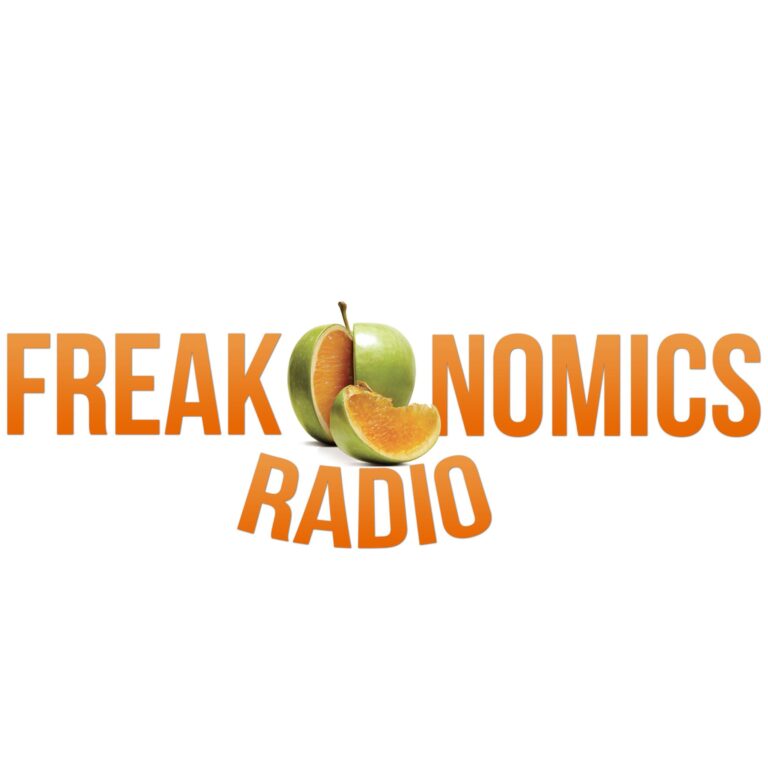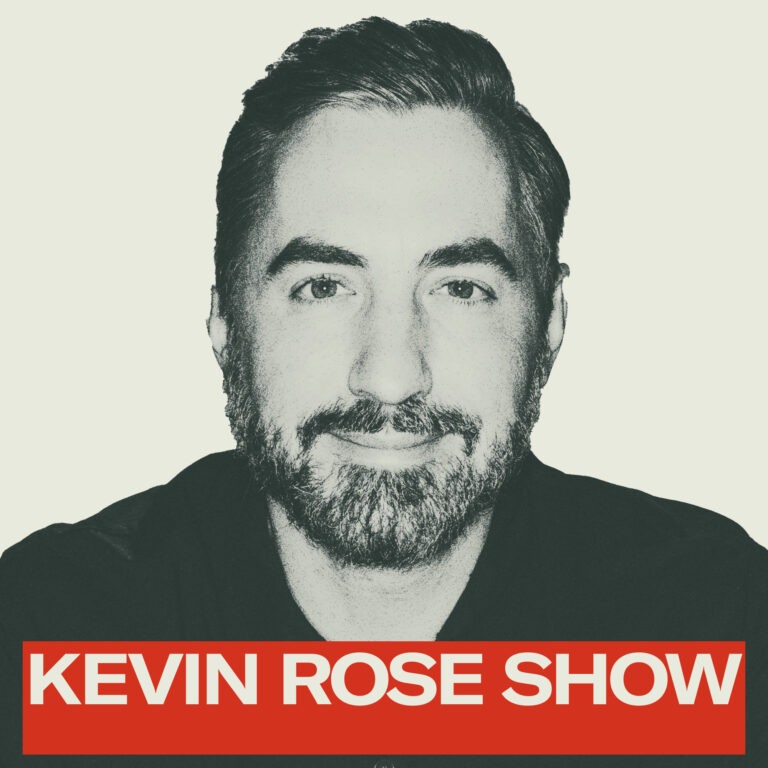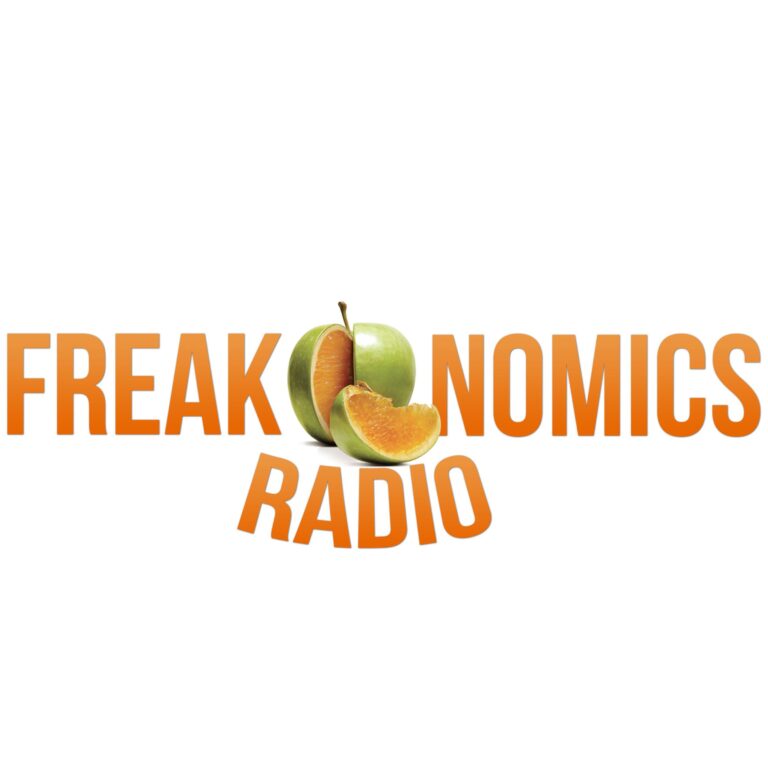After sitting in on a free webinar and seeing dozens of people buying a course about urban farming, Nate knew he could also create and sell his own course.
Nate Dodson of MicroGreensFarmer.com began urban farming initially to take greater control over the food he was eating and to combat Crohn’s disease.
But he soon found himself growing more than he could reasonably consume, so like any good entrepreneur, he started selling his produce – and specifically microgreens.
With a little bit of effort, he was selling $400 a week worth of microgreens to farmer’s market vendors, local restaurants, and home delivery in his town.
But Nate’s little side project has absolutely exploded in the last 2 years, and it hasn’t come from selling more produce. Instead, it’s come from teaching other people how to do what he did.
Today Nate is selling $40-50k worth of his microgreens business course a month, mostly on autopilot, and he’s followed a very straightforward path to get there that anyone can apply to their own business.
Tune in to hear how he created his product, how he drives consistent traffic, the simple sales funnel he uses to convert browsers into buyers, and the changes he’s made in his business to increase his revenue to $50k+ a month.
Full Show Notes and PDF Highlight Reel: The Simple Way to Finally Set up and Sell Your Online Course (And Scale to $40k a Month and Beyond)
